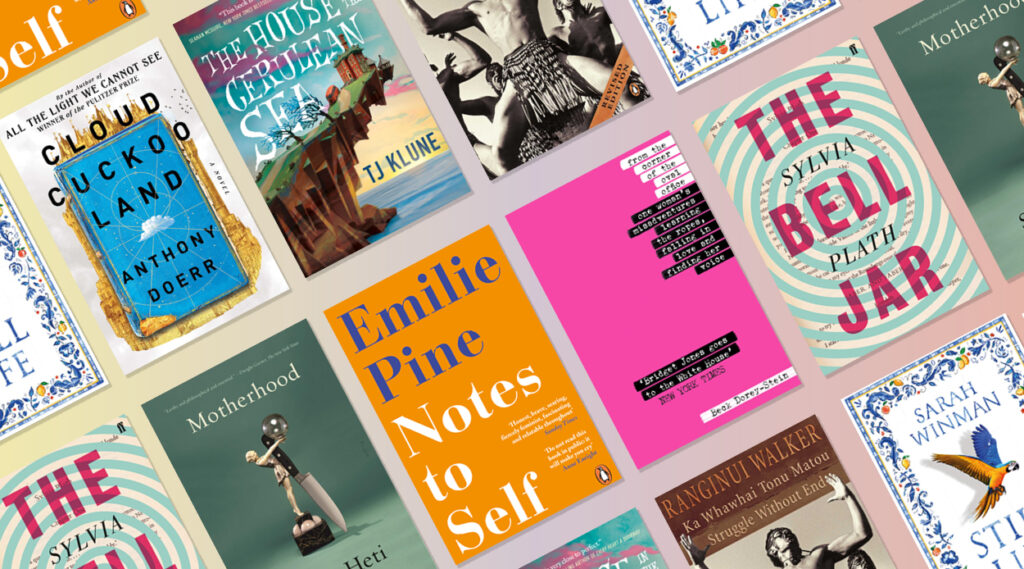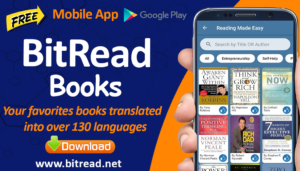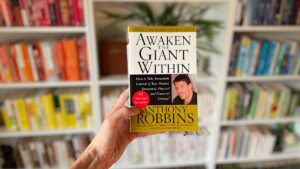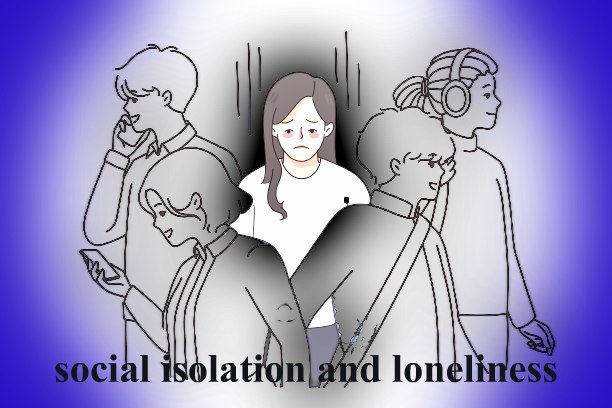Important Books That Everyone Should Read

Books are a timeless source of knowledge, wisdom, and inspiration. They have the power to transport us to different worlds, challenge our perspectives, and ignite our imagination. In a world filled with distractions, reading remains a fundamental way to expand our minds and deepen our understanding of ourselves and the world around us. In this blog, we will explore a curated list of important books that everyone should consider reading at least once in their lifetime.
“To Kill a Mockingbird” by Harper Lee
Harper Lee’s “To Kill a Mockingbird” is a classic American novel that tackles issues of racial injustice, moral growth, and empathy. Set in the racially divided American South during the 1930s, the story follows young Scout Finch as she learns about the complexities of human nature and the importance of standing up for what is right, even when it is difficult.
“1984” by George Orwell
George Orwell’s dystopian masterpiece, “1984,” remains eerily relevant in today’s world of surveillance and authoritarianism. This novel explores themes of government control, propaganda, and the loss of individual freedom. It serves as a stark warning about the consequences of totalitarianism.
“The Great Gatsby” by F. Scott Fitzgerald
F. Scott Fitzgerald’s “The Great Gatsby” is a quintessential American novel that delves into the American Dream, wealth, and the illusion of success. The story of Jay Gatsby and his obsession with Daisy Buchanan offers a poignant commentary on the pursuit of happiness and the emptiness of materialism.
“A book is a garden, an orchard, a storehouse, a party, a company by the way, a counselor, a multitude of counselors.”
– Charles Baudelaire
“To the Lighthouse” by Virginia Woolf
Virginia Woolf’s “To the Lighthouse” is a pioneering work of modernist literature that delves into the inner thoughts and emotions of its characters. Through its stream-of-consciousness narrative, the novel explores the passage of time, the complexities of human relationships, and the impermanence of life.
“The Catcher in the Rye” by J.D. Salinger
J.D. Salinger’s “The Catcher in the Rye” is a coming-of-age novel that captures the disillusionment and alienation of adolescence. Narrated by the troubled teenager Holden Caulfield, the novel addresses themes of identity, authenticity, and the search for meaning in a superficial world.
“Pride and Prejudice” by Jane Austen
Jane Austen’s “Pride and Prejudice” is a timeless classic that explores the themes of love, class, and societal expectations. The witty and headstrong heroine, Elizabeth Bennet, challenges the norms of her time while navigating the complexities of courtship and marriage in 19th-century England.
“Reading should not be presented to children as a chore, a duty. It should be offered as a gift.”
– Kate DiCamillo
“The Art of War” by Sun Tzu
Sun Tzu’s ancient treatise on warfare, “The Art of War,” is a must-read for those interested in strategy, leadership, and the art of conflict resolution. Despite its military origins, the book offers valuable insights into various aspects of life, including business and decision-making.
“The Alchemist” by Paulo Coelho
Paulo Coelho’s “The Alchemist” is a philosophical novel that encourages readers to pursue their dreams and discover their personal legends. Through the journey of Santiago, a shepherd boy, the book explores themes of destiny, spirituality, and the importance of listening to one’s heart.
“A word after a word after a word is power.”
– Margaret Atwood
“The Lord of the Rings” by J.R.R. Tolkien
J.R.R. Tolkien’s epic fantasy trilogy, “The Lord of the Rings,” is a masterpiece of world-building and storytelling. It takes readers on a grand adventure through the magical realm of Middle-earth while exploring themes of friendship, courage, and the battle between good and evil.
“Sapiens: A Brief History of Humankind” by Yuval Noah Harari
Yuval Noah Harari’s “Sapiens” offers a thought-provoking overview of the history of humankind, from the emergence of Homo sapiens to the present day. It delves into the evolution of society, culture, and technology, providing a fresh perspective on our species’ remarkable journey.
Conclusion
Reading is a transformative experience that can broaden our horizons and deepen our understanding of the world. The books mentioned in this list are just a starting point, and there are countless other important works waiting to be explored. Whether you’re looking for timeless classics, thought-provoking philosophy, or captivating fiction, there’s a book out there that can enrich your life in ways you never imagined. So, pick up a book and embark on a journey of discovery, one page at a time.






